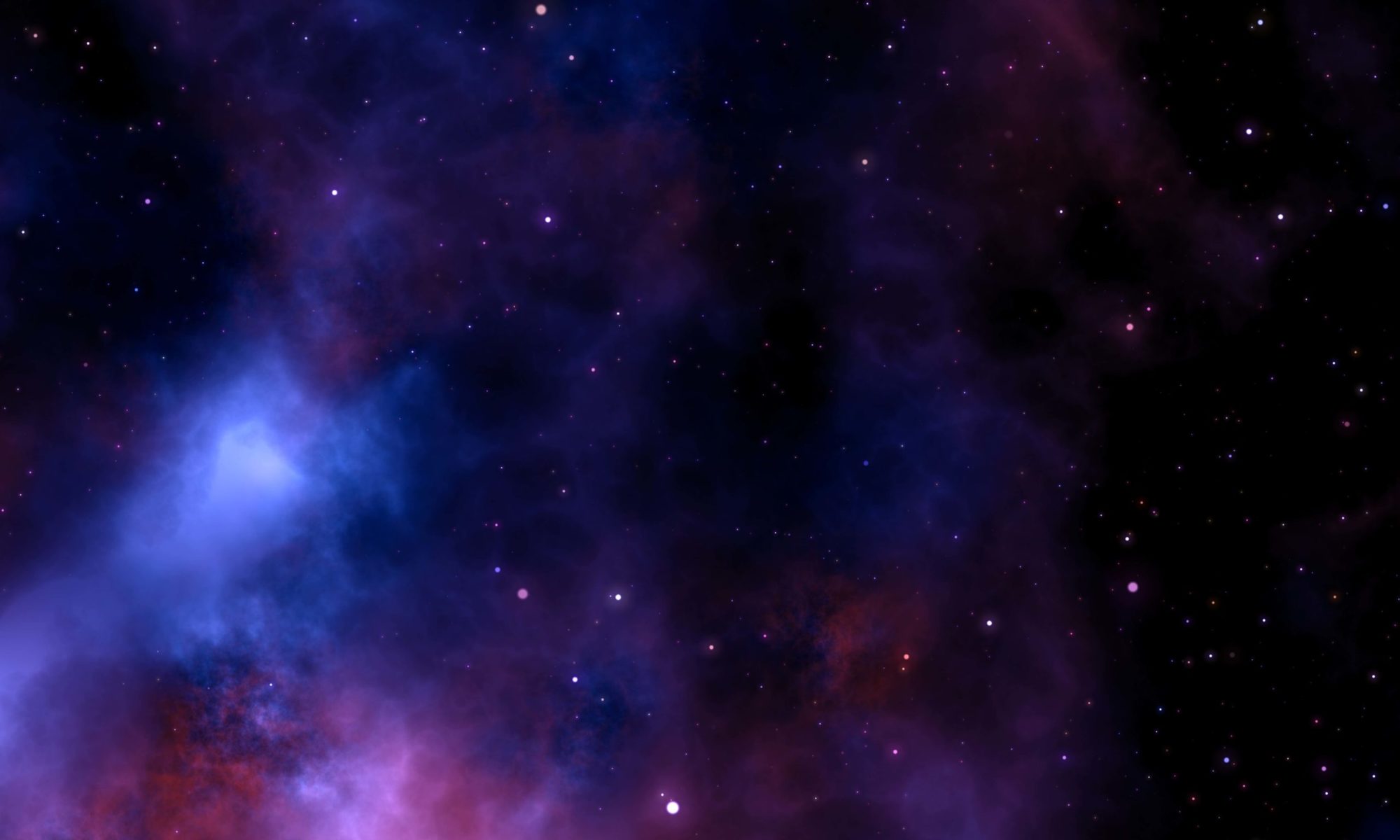Hurricane Sandy was a pretty horrible storm. It left people dead in the worst case, others homeless, and a ton of people with damaged property, no electricity, and one of the worst commuting situations I have seen in my life. While my house was spared any serious damage, my mom’s house did not fare so well. When the ocean waters came in, they came way above any previous level we’d seen in the area. We’d been living in that house for over 45 years and never did the water come close to entering the first floor. The streets would flood, sure. The crawl space would need to be pumped, yes. But in the first floor? Never. Not until Sandy. For Sandy, the water came 3 feet into the first floor. The damage was terrible. The water was said to contain raw sewage from the nearby processing plant. People’s oil burners floated away and in almost all cases disconnected from all the houses in the neighborhood and oil leaked everywhere. The whole neighborhood smells like a disaster zone (still). I don’t really want to post pictures of  the damage here, but if you know me I can send you a few pictures, just ask.
Sandy caused us to do a lot of things we’d rather not do and one of those was to take emergency photos of physical photographs that got wet. I know that photographs used to be born out of wetness, in a darkroom, developed in pools of chemicals. Today, I’m not so sure how those machines in CVS work but I’m sure Google can tell me if I asked. Thankfully, all of the photos were resilient to moisture. The paper was mostly waterproof. Even so, the box of photos we had smalled horrible and we needed to scan them before they dried because we feared they would stick together and be unrecoverable. A portable scanner didn’t work. Even when we tried to dry each photo, they were simply too moist to wait to dry. We had over 2000 photos to scan.
What I did was mount my digital camera on my tripod and point it directly down on the photos. You can see that here:
I had to take out one of the lights in the dining room because it was causing an intense glare in my test exposures. I used manual focus to speed up the picture taking, and I used a high aperture to give me the best chance of getting good focus. The only other adjustment I made was the exposure. I used the zebra effect to do this right as you can see in these two photos. You can also see the histogram, which is another method to help tune your exposure.
All in all, we scanned over 2000 photos this way. It was a lot of work, taking maybe 6 hours to complete. It was a lot faster than placing these on a flatbed scanner. Too bad I could not use the portable scanner, cause that would have been pretty fast, too. With the portable scanner, you just feed in photos and it draws them through.
You can see some of the photos I took in the following gallery:
There is lots of cropping and rotation work to do, but I don’t think any of that is necessary. In actuality, having a slideshow where my table-top is showing would be fine. I’d only need to crop if I was doing something special with the photo, like making a video or a print for a collage.











You must be logged in to post a comment.